Recently, the news that actress Ngan Hoa has end-stage renal failure at the age of 29 surprised many people.
She discovered she had the disease in May 2023, when it was already in stage three, and then the disease quickly progressed to the final stage in 2024.
Sharing with Dan Tri, the actress's representative said that Ngan Hoa is still in the recovery stage. She has hyponatremia and high blood pressure, her kidneys cannot filter, so her body is swollen and edematous. She also had a heart attack and nausea that lasted for many days. The actress has been transferred to the hospital for further intensive treatment.
Currently, Ngan Hoa has to undergo daily kidney dialysis to maintain her life, however, her health indicators are at an alarming level. The doctor confirmed that the only solution is to have a kidney transplant as soon as possible, otherwise it will be very difficult to maintain her life in the long term.
Actress Ngan Hoa discovered she had stage 3 kidney failure in 2023 (Photo: NV).
A 2017 statistic shows that worldwide , chronic kidney disease caused 4.6% of deaths. In Vietnam, there are more than 8.7 million adults with chronic kidney disease, accounting for 12.8% of the population.
According to Dr. Nguyen Huu Tu, Permanent Vice President and General Secretary of the Vietnam Young Physicians Association, kidney disease is one of the most common chronic diseases today with a rapidly increasing incidence in Vietnam and the world.
Many people discover they have the disease when it is already serious.
According to Associate Professor, Dr. Nguyen Bach, Head of the Department of Nephrology - Artificial Kidney, Thong Nhat Hospital (HCMC), about 6-8% of Vietnamese people are likely to have kidney problems. Most of them know they have the disease when it is in the late stages.
"Many of my patients know they have kidney failure when they need emergency dialysis," he said.
The danger of this disease is that it does not leave any signs in the early stages. When symptoms appear, it means that kidney failure has progressed severely.
Doctor Bach said that one of the causes of kidney failure in young people today stems from an unhealthy lifestyle.
Modern lifestyles cause many people to be sedentary, leading to obesity, while maintaining an unreasonable diet with high salt intake, lots of animal protein, fat and overuse of functional foods sold widely online. All of these factors contribute to increasing the risk of kidney disease in young people.
In addition, the prevalence of toxic drugs, chemicals and foods on the market is also a worrying factor. Many people, because of believing in advertisements or lack of knowledge, use these products, leading to serious consequences for kidney function.
In addition, climate change and living environment are also silent factors that affect kidney function. Notably, many cases of kidney failure progress silently, without obvious symptoms until the disease has progressed severely.
The most dangerous thing about kidney failure is that there are no signs in the early stages (Photo: Hoang Le).
According to Dr. Bach, people should practice the habit of drinking lots of water and observing urine immediately after going to the toilet to prevent and detect early signs of kidney disease.
In addition, to prevent kidney disease, people should also follow the 8 principles of kidney disease prevention from the International Society of Nephrology:
- Exercise regularly every day
- Avoid being overweight or obese through diet and physical exercise
- Diet:
Reduce salt intake, should be 5-6 g/day. Eat fresh food, do not eat much processed food. Eat moderate protein, should combine animal and vegetable protein in balance. Maintain a moderate amount of water: 1.5-2 liters of water per day.
- No smoking
- Do not use any medications for a long time without consulting a doctor, especially non-steroidal anti-inflammatory drugs such as ibuprofen and oriental medicines and functional foods of unknown origin.
- Diabetes prevention
- Prevention of hypertension
- Regular urine and kidney function tests
Three ways out for kidney failure patients
According to Associate Professor Bach, currently, there are three treatment methods for patients with end-stage renal failure including dialysis, peritoneal dialysis and kidney transplantation.
"Currently, kidney failure patients have 3 treatment methods, which are also 3 ways out. However, too many people are rushing to the dialysis path, leading to this path being congested due to overload," the doctor commented.
To solve this problem, Dr. Bach proposes 3 solutions:
Firstly, hospitals need to invest in and expand more dialysis centers. This will help patients have access to treatment locally, while also sharing the pressure with large hospitals.
Second, patients with suitable economic conditions should apply the method of peritoneal dialysis at home instead of going to the hospital for dialysis. This helps save the patient's effort in moving, and at the same time relieves pressure on dialysis centers.
Third, Vietnam needs to promote kidney transplants. For end-stage patients, kidney transplants are the only way to help them return to normal life. However, not everyone is lucky enough to have this because the current source of donated organs is still too limited.
There are 3 million people in the world with end-stage chronic kidney disease who need kidney replacement. This number in Vietnam is about 30,000 people. In Vietnam, after 30 years of kidney transplant implementation, 8,000 patients have been able to return to normal life thanks to this method.
According to Associate Professor Sam, the speed of kidney transplant technology transfer in Vietnam is developing at a very fast rate, the level of kidney transplant in Vietnam has achieved significant progress, saving many patients with end-stage chronic kidney failure.
However, the biggest challenge today is the shortage of kidney transplant sources, especially from brain-dead donors; patients are at high risk of transplant rejection, kidney disease recurrence after transplant...
Patients with kidney failure need dialysis or kidney transplant to stay alive (Photo: Hoang Le).
According to Associate Professor Sam, kidney transplants help prolong and improve the patient's life. In addition, compared to other treatment methods such as dialysis, the cost of kidney transplants is only half. Patients after kidney transplants also have better health than those treated with other methods and can return to normal life.
A study of 608 kidney transplants at Cho Ray Hospital showed that after 1 year, the patient survival rate was 99.2% and the rate of well-functioning transplanted kidneys was 98.6%.
According to Associate Professor Sam, kidney function at 12 months after transplantation is the most important prognostic factor for the survival of the transplanted kidney and the patient. Post-transplant monitoring and treatment compliance play a decisive role in detecting and promptly handling complications, thereby helping to maintain long-term kidney function.
Although kidney transplantation does not completely cure the disease, with proper care and treatment, patients can return to normal activities and work and can prolong their life expectancy to nearly that of a normal person.
However, to achieve this, patients must commit to strict health monitoring, taking the correct dose of medication, and avoiding risk factors for infection or transplant rejection.
According to the 2022 report of Vietnam Social Security, the cost of payment for hemodialysis is at the top of the payment list, estimated at more than 4,000 billion VND.
Therefore, early diagnosis and treatment of chronic kidney disease, as well as slowing the decline in kidney function and renal replacement therapy will bring significant and long-term economic benefits, while reducing the burden on the health sector.
Source: https://dantri.com.vn/suc-khoe/can-benh-chet-nguoi-khong-dau-hieu-20250609172052557.htm



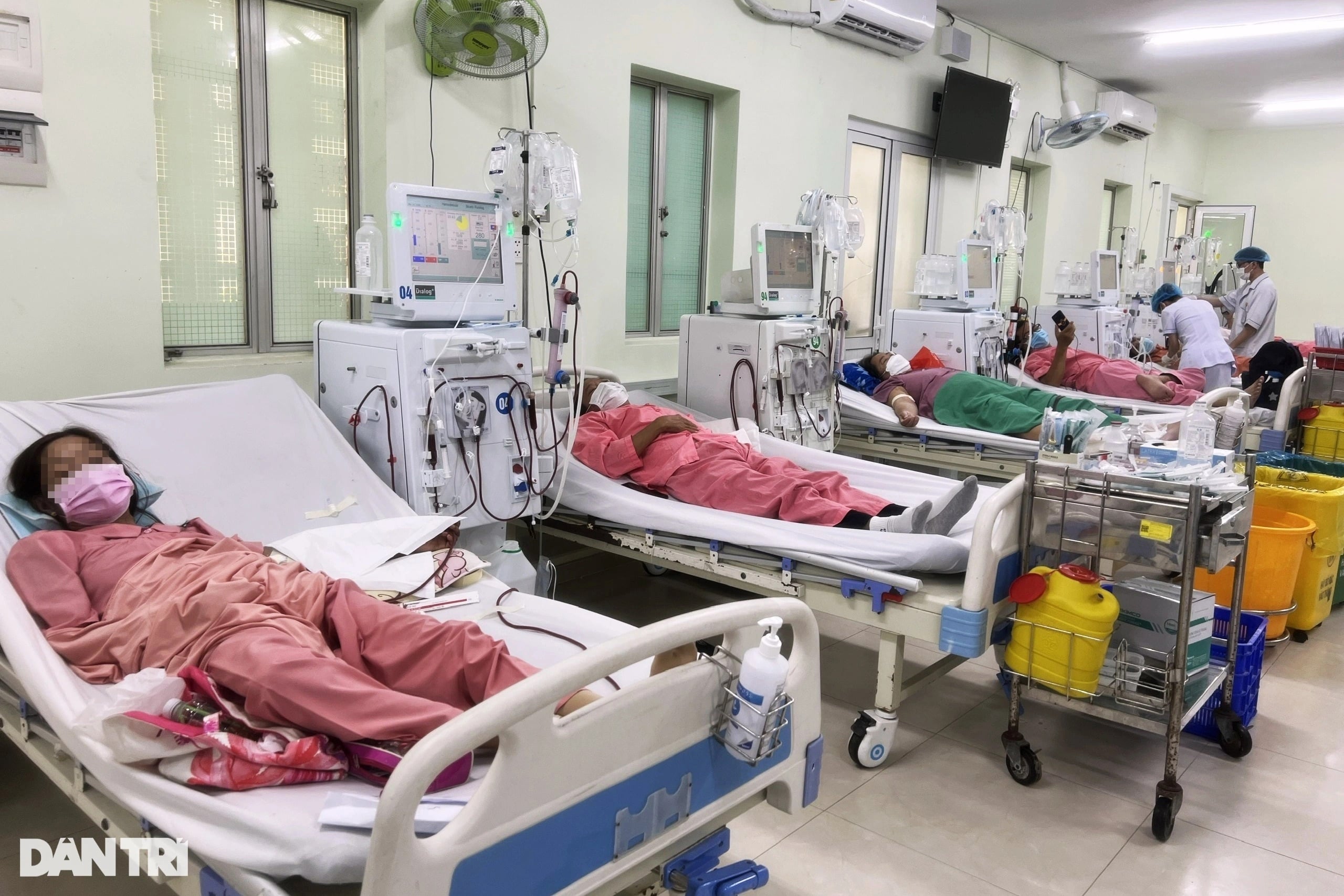
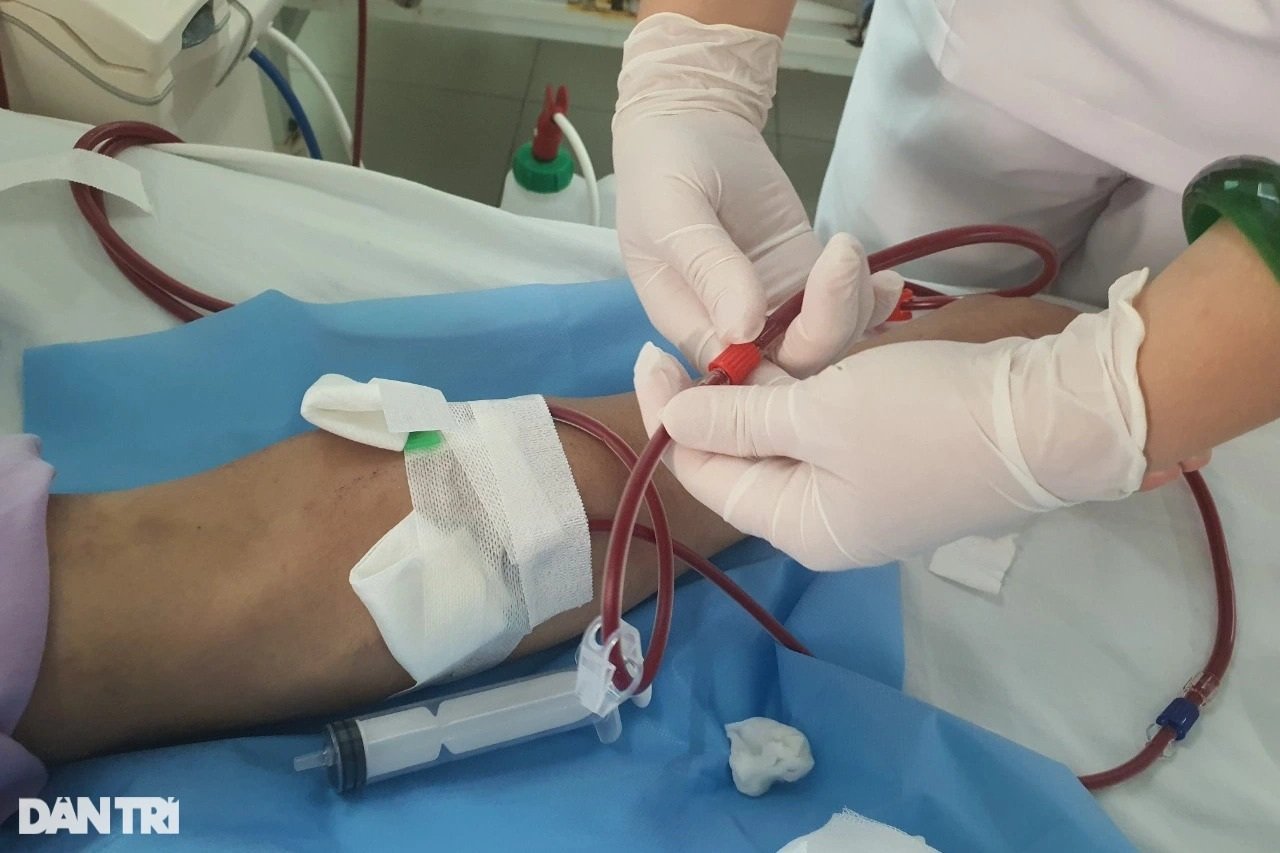





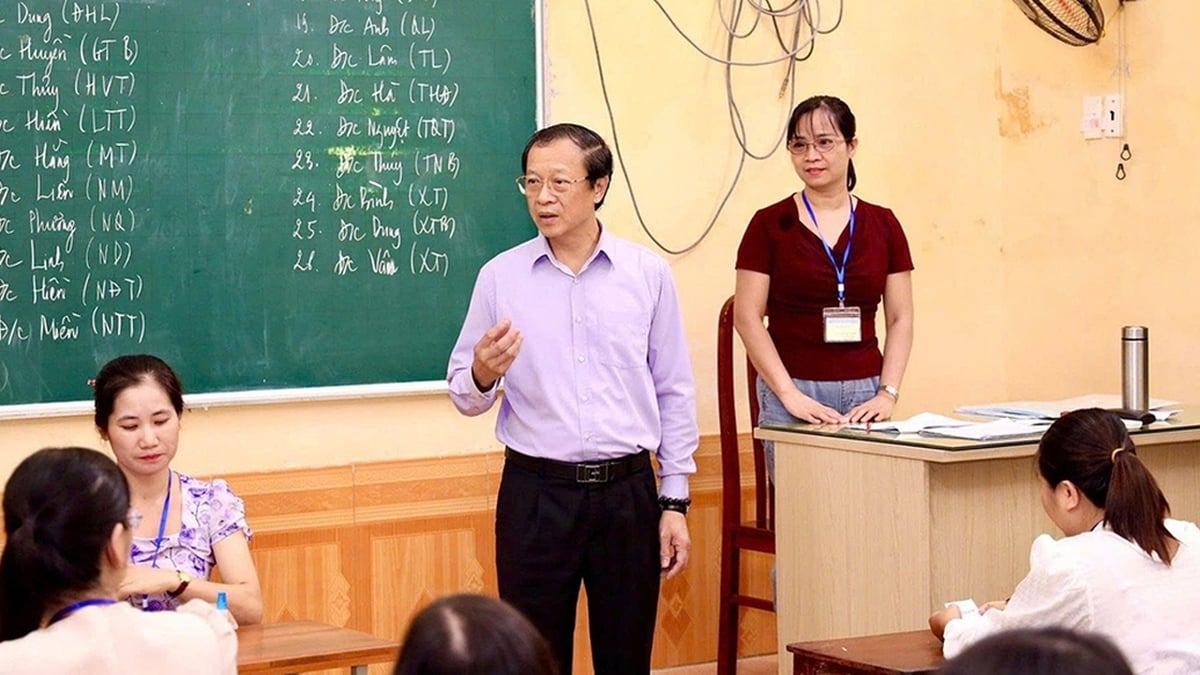


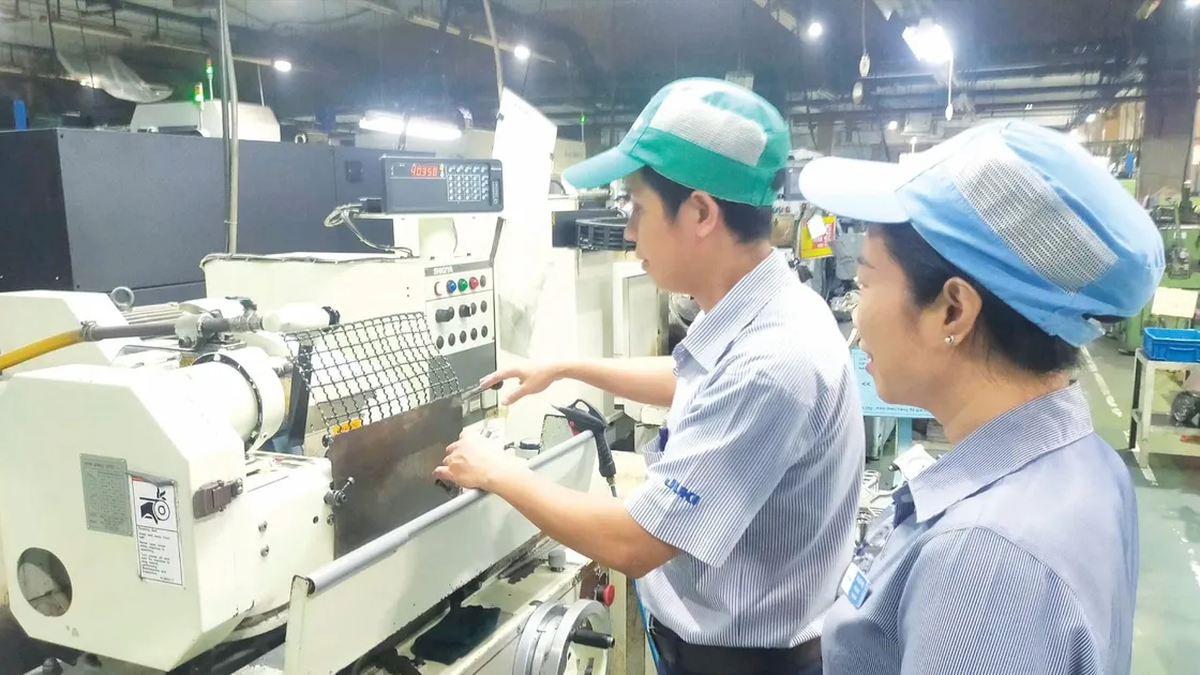




















































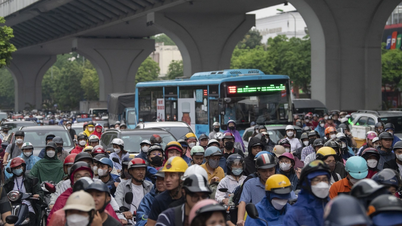

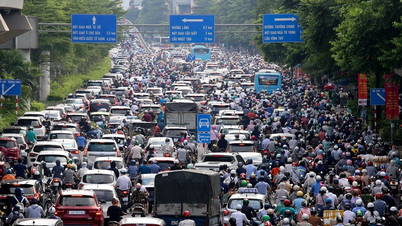


































Comment (0)